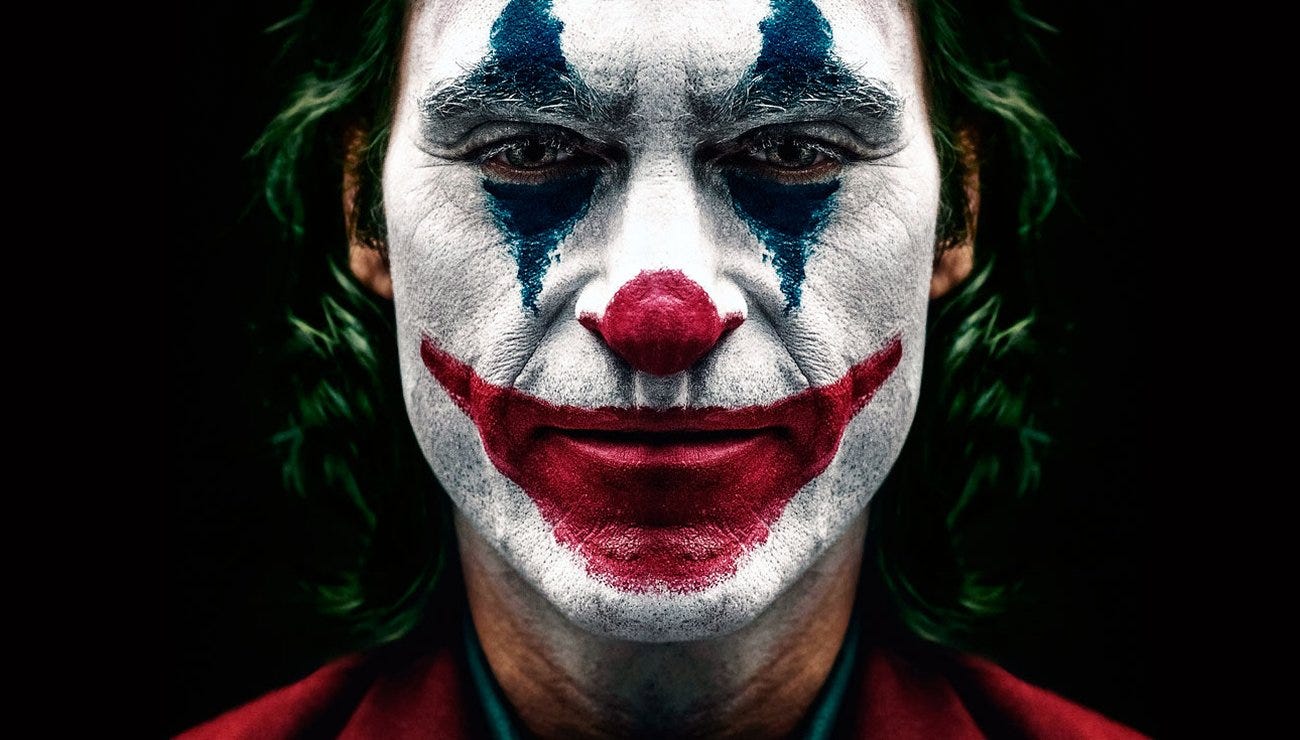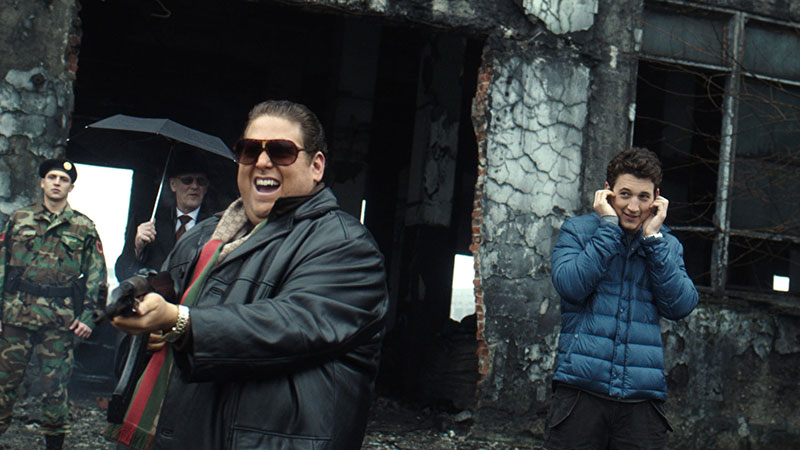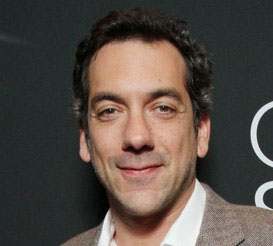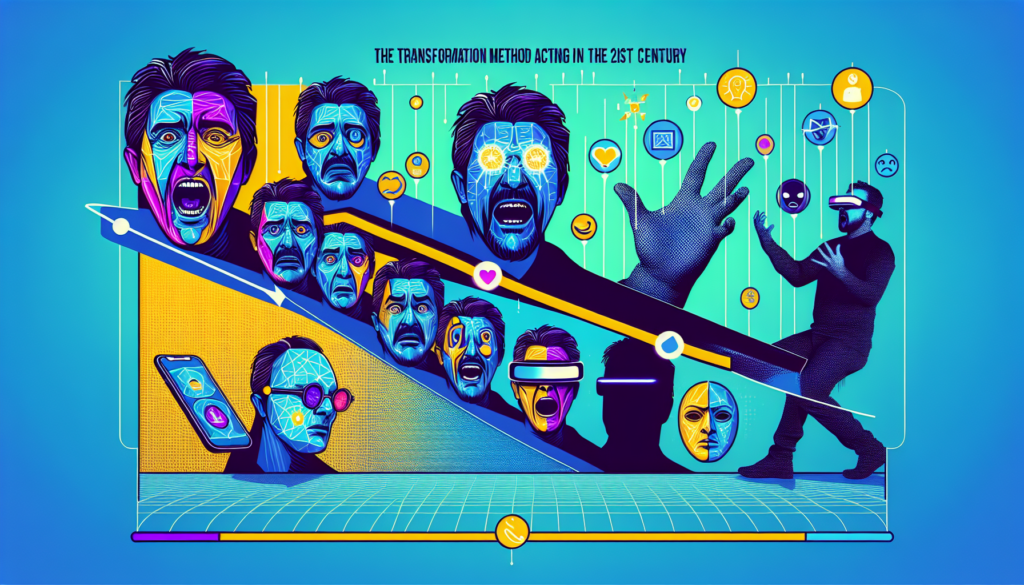Directed by Todd Phillips, Joker, starring Joaquin Phoenix, Zazie Beetz and Robert De Niro, is a haunting and grim cinematic masterpiece that takes a deep and unsettling plunge into the tormented psyche of the notorious supervillain. Away from the standard superhero movie’s gloss and glamour, Joker is unsettling, dark but also incredibly evocative, capturing audiences with powerful performances, mesmerizing cinematography and strong storytelling.
Joaquin Phoenix provides a chilling and profoundly affecting performance as Arthur Fleck, a man grappling with mental illness in a loveless world that continues to push him towards the fringe. Phoenix’s transformative embodiment of the character eclipses every frame of the movie. It’s his performance, twisted, raw and painfully human that anchors the disturbing narrative and elevates the film’s overall impression.
Fleck’s grim transformation into the famous arch-nemesis of Batman is not simply the makeup and the maniacal laughter. The film explores the devastating impact of mental illness, loneliness, and society’s widespread disregard for such issues. This exploration is maybe one of the major reasons why Joker has ignited such controversy since its release. It is a narrative that feels too close to reality and may be hard for some audiences to digest.
Todd Phillips’s direction is bold and uncompromising. His Gotham City is a grim, decaying metropolis that is a character in itself, underscoring the bleakness of Arthur’s reality. At the same time, Joker is also a visual triumph. The film’s golden hue, the sense of almost decay that permeates every frame, and the accompanying throbbing score establish an atmosphere that is tense, oppressive, and suffocating. It’s a city teetering on the brink of collapse, and so too is Arthur’s sanity.
The film offers some unforgettable scenes, particularly the sequence where a bloodied, battered Arthur completes his transformation into the Joker atop a police car, bathed in the glow of fires of a city succumbing to chaos. While such scenes impress one for their cinematic impact, they also leave one uncomfortable, echoing the moral questioning the narrative continually evokes.
Zazie Beetz and Robert De Niro are also commendable in their roles, helping shape and highlight the world of madness that Arthur spirals into. De Niro’s character, enigmatic talk show host Murray Franklin, represents a certain irony. He’s Arthur’s idol, yet he becomes his mocker. Beetz’s character, Sophie serves as Arthur’s imagined love interest, and her presence is essential in highlighting his desperate yearning for normalcy, and the tragic difference between his illusions and reality.
The film’s climax is an inevitable but powerful pay-off, completely affirming the Joker as a symbol of society’s decay rather than a mere character. The descent of Gotham into chaos as Fleck is hailed a hero perhaps promises more Joker escapades, albeit in a more chilling, haunting landscape.
What Joker powerfully drives home is that villainy, in this case, is not black-and-white; the madman is not the root cause, but a symptom of the chaos and distance of society. Its dangerous ambiguity does require responsible viewing. It tosses the ball in our court and makes us question our own susceptibility to such grim characters. This is perhaps what makes the film incredibly powerful and deeply disturbing.
Despite the controversy it has aroused due to its violent and bleak narrative, Joker stands as an outstanding piece of cinema. Phoenix gives a career-defining performance, becoming the embodiment of an iconic character while transforming it entirely at the same time. Phillips’ direction invites introspection even as it shocks.
Joker is a masterpiece and a terrifying descent into the depths of madness. It is a gritty, uncomfortably real depiction of mental illness, anarchy, and society’s role in forging its monsters. Evocative, profound, and undeniably thought-provoking, it is a film that is undoubtedly hard-hitting but impossible to overlook.




